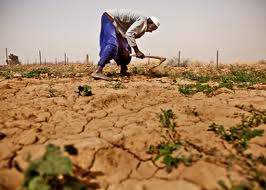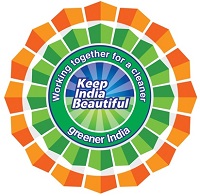 Partner: Vivek S, CDDRL Stanford University
Partner: Vivek S, CDDRL Stanford University
Background
The Public Distribution System (PDS) is an Indian food security system established by the Government of India under Ministry of Consumer Affairs, Food, and Public Distribution and is managed jointly with state governments in India. It distributes subsidized food and non-food items to India’s poor. Major commodities distributed include staple food grains, such as wheat, rice, sugar, and kerosene, through a network of public distribution shops, also known as Ration shops established in several states across the country. Food Corporation of India, a Government-owned corporation, procures and maintains the Public Distribution System.
Problem
India has a Public Distribution System with over 600,000 shops that distribute subsidized food grains and other essential materials in villages every month. In the state of West Bengal, the entitlements of the beneficiaries can change every month, and can be different in each district. Thanks to this variation, beneficiaries often do not know how much rice, wheat or kerosene they are entitled to making it easy for them to be cheated by the dealers.
Proposal
Information on the entitlement of a person can be easily accessed through a photocopy from the government. We plan to help our partner disseminate this information through automated phone calls using a hosted Interactive Voice-Response (IVR) platform called kookoo.in. We are looking for people with php & mysql backgrounds in order to build the app that would interact with Kookoo. A technical partner will be available to work with the team.
With the help of a regularly updated database of food items, prices and allocated amounts per district, an application can be set up where ration card holders call a number and key in their block code (every ration district is organized into blocks with unique codes). Once the app gets the block code from the caller, it can then read out the entitlements. This can also be performed over SMS, but tests on the field have shown that there is a preference for voice-based interaction, since SMS is still a relatively underutilized feature on older generation mobile phones. Some other common problems with SMS are: the sms inbox is usually full, unused, English literacy is a hurdle for SMS, low-cost phones manufactured in Chine do not display local language script and so on. Moderators and volunteers from the field can send a structured sms to populate the price/amount info every week to keep the database updated.
Tools
http://awaaz.de/ – being used in field tests currently
http://www.kookoo.in/ – IVR platform

